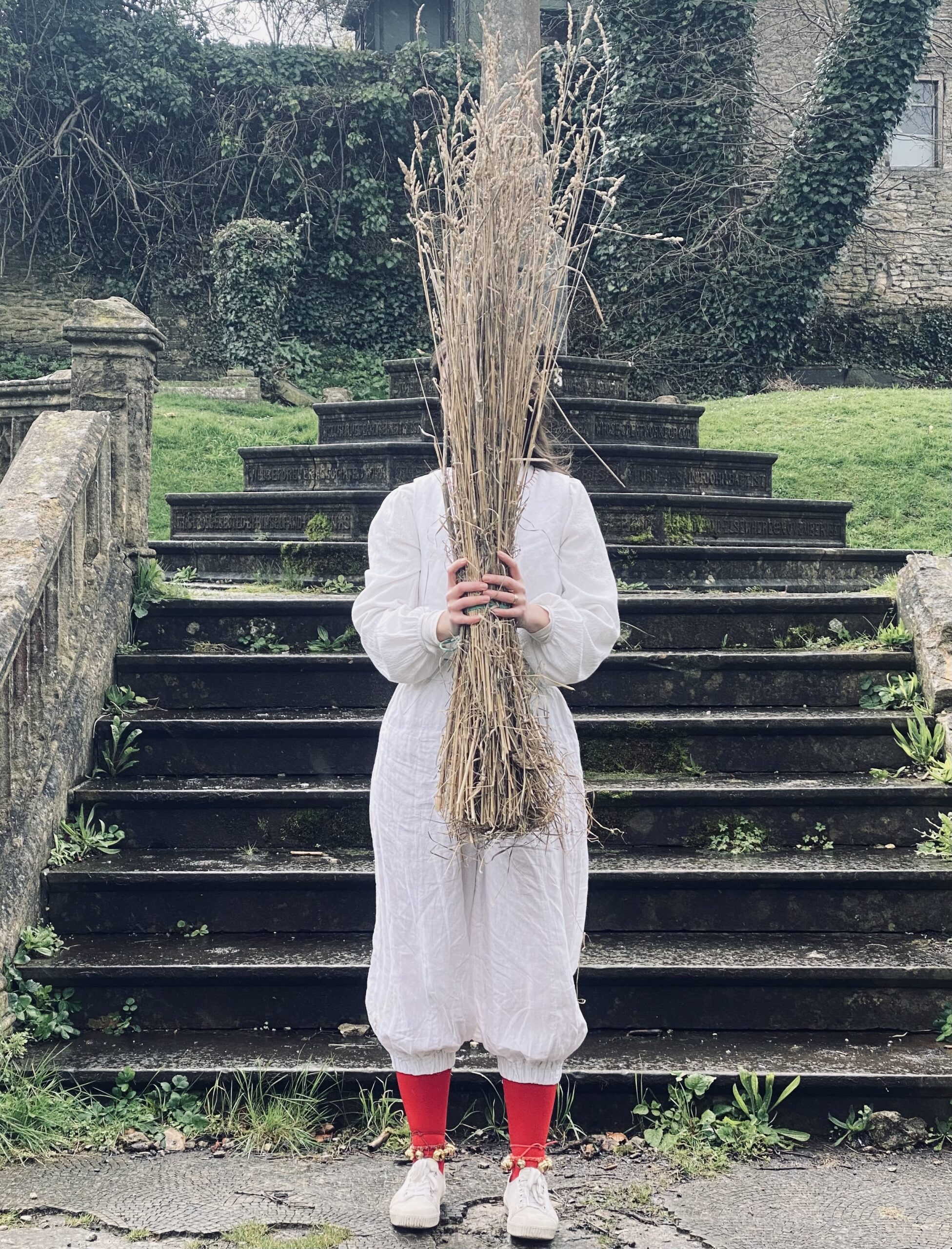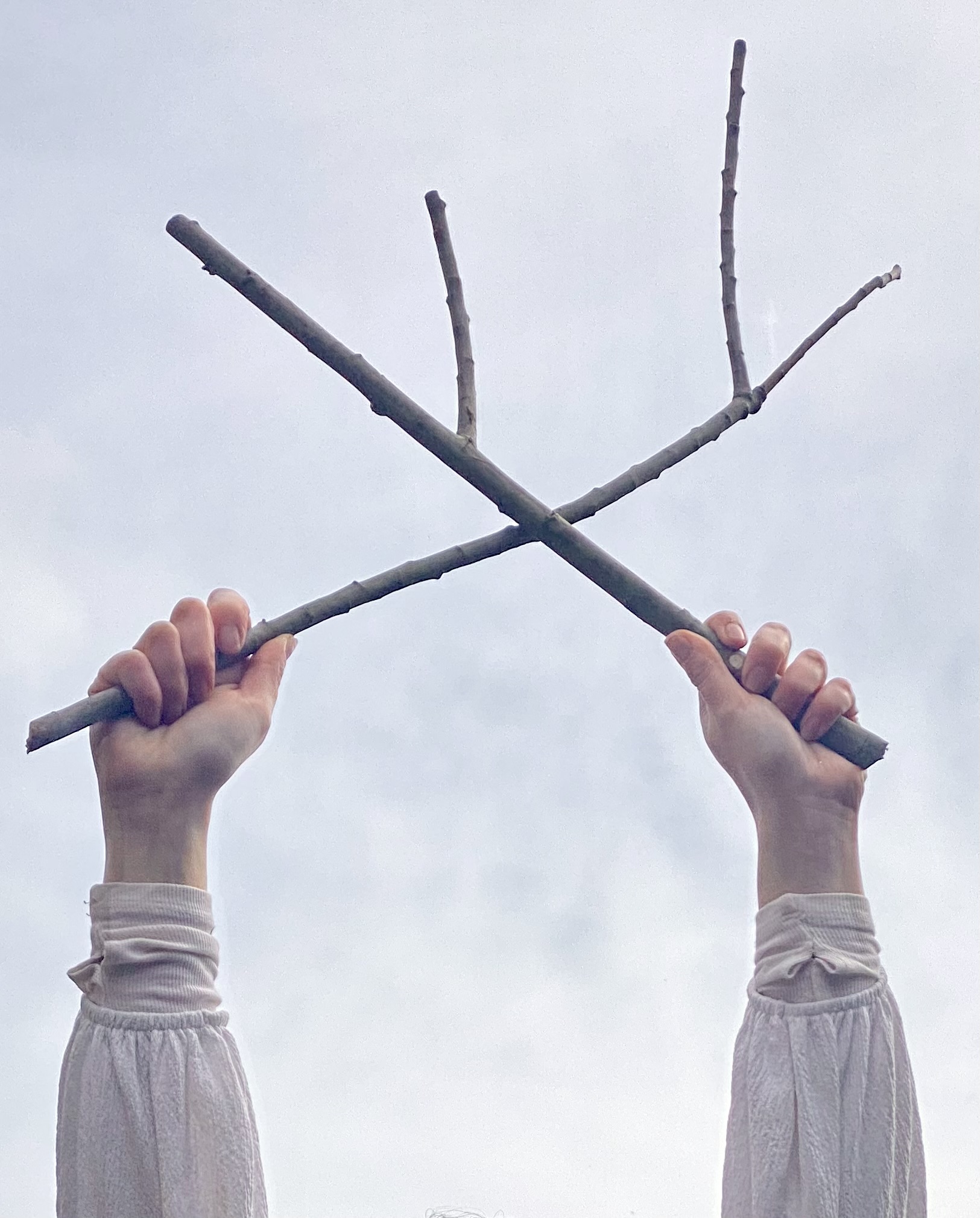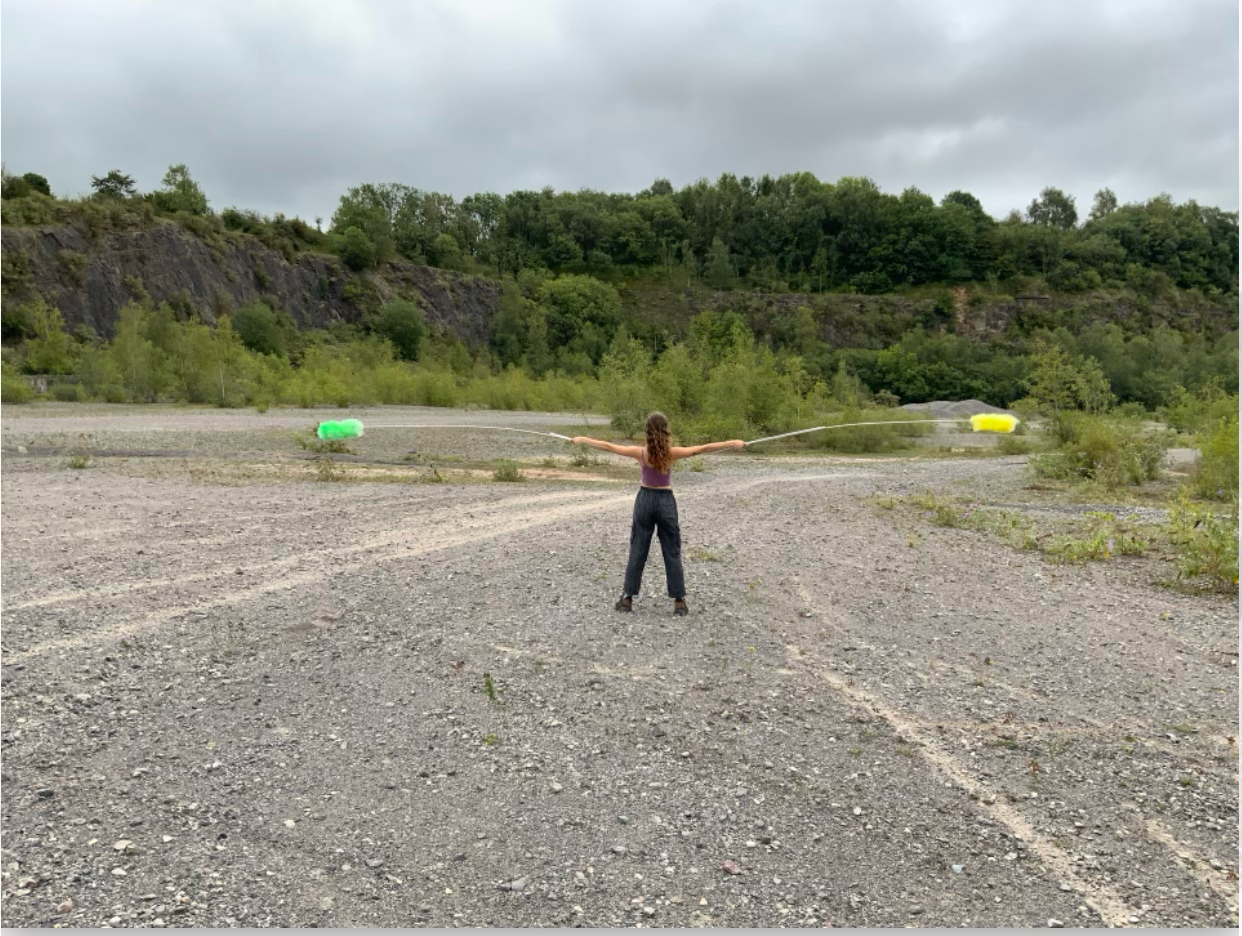
This sound-based artwork is an invitation to look closer at the organic fabric around us through weeds: plants you might overlook every day as they seek sanctuary in walls, reach up from drains and push through cracks in the pavement.
Take a stroll through the town’s streets reimagining these small but determined life forces that exist in tandem with the human spirit.
Lúcia Harley is an artist based in Somerset who creates sculptural interventions and performance. Her work explores the boundaries between inner and outer worlds, our relationship with each other and the environment that surrounds us.
Lúcia recently took part in the Brazilian botanical congress 2023, Belém, presenting her project based on relationships between plants and people.
Credits
Credits are given on sound walk page.







One thought on “Weeds are Community”